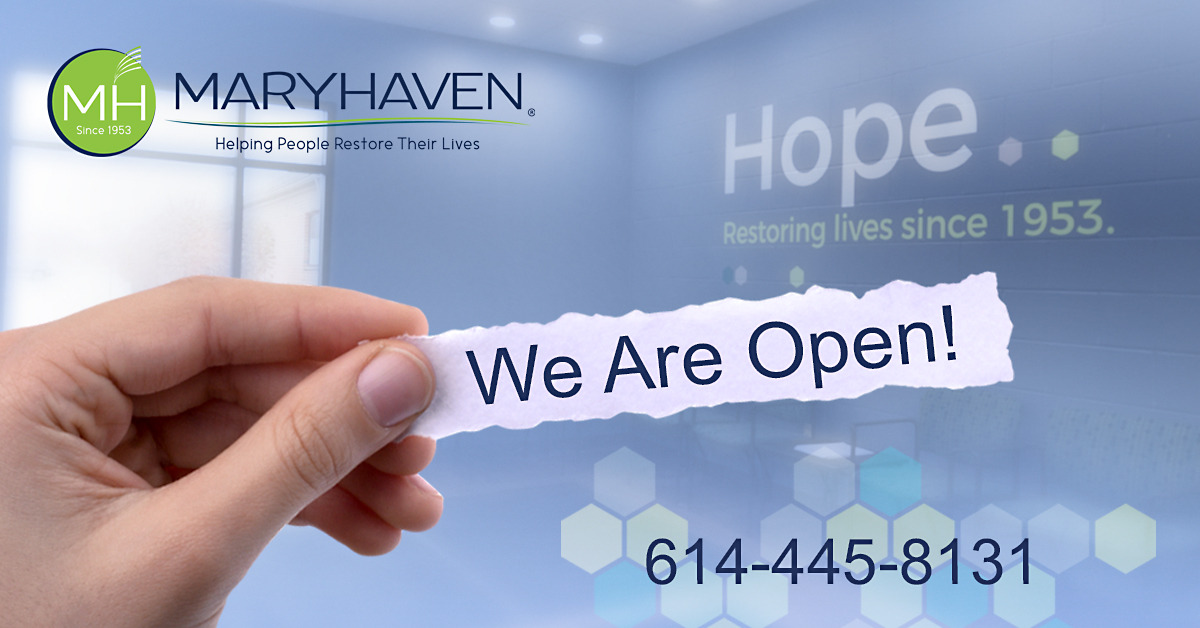Don’t Let COVID-19 Derail Recovery
Our first blog emphasized the importance of connecting to recovery resources during these challenging times. This point merits repeating: Even if you’re physically alone, don’t go it alone. Whether counselors, physicians, peers, online or six feet away, rely on trusted experts and addiction treatment networks to stay in recovery.
This blog focuses on another core concept:
Sustained sobriety requires self-resiliency.
You can stay in recovery and on the path to a better life if you develop the self-awareness, skills and habits to make decisions that protect your short- and long-term physical and mental health.
Everyone struggles to maintain a positive sense of well-being, a faith and confidence that they can be okay even if the world around them is not. This challenge can be heightened for those with addiction disorders, especially if you started using alcohol, drugs or started gambling at an early age.
Behavioral and neuroscience research confirms that the earlier you start a potentially addictive behavior, the greater the odds you will get hooked. Also, adolescents who abuse drugs or alcohol may stunt their emotional growth. In essence, though someone’s chronological age might be late 20s or early 30s, he or she may exhibit the emotional intelligence more similar to a teenager.
Fortunately, no matter your age or length of active addiction, you can strengthen and evolve your ability to regulate your thoughts and behaviors. This practice might even benefit from the additional time you’re spending at home without as many outside disruptions.
It starts with learning more about your mental and physical processes.
Working It Out
Many believe human behavior stems from two elemental emotions, fear and love. Love, obviously invokes positive feelings like contentment, compassion or confidence. Even though it may seem ethereal, love actually physically stimulates the biological production of “feel good” brain chemicals like serotonin and dopamine.
Fear acts like the opposing doppelgänger to love. The basis for anger, hate, anxiety, depression, fear compels us to act out and often in destructive ways. It detonates highly volatile brain chemicals like cortisol and adrenaline. Very often, fear is intertwined with trauma, or experiences so damaging that they actually change the physiology and mechanics of the brain.
Clinicians point to three “Rs” that can advance your behavioral health: Reframe, release and reprogram. This is work best done in conjunction with a mental health professional or peer and we strongly encourage that you take that step. You also can complement or supplement other treatments with a few practical exercises.
Write/Talk/Think It Out
All of us adapt different methods of acquiring knowledge and assimilating new habits. Some prefer to journal or write, unleashing written language and the objective eye of an author to gauge the distance and the depth of painful experiences. Others exercise destructive memories by verbally recounting trauma and confiding in a trusted friend or counselor. And, some find that techniques like meditation, music, or a walk around the block will fill them with the clarity and calm needed to process and release hard times.
You may naturally gravitate to one, two or a combination of all three approaches. Whatever you choose, experiment. Find pattern and meaning from a jumbled pile of heated feelings. Ask yourself some pointed questions:
- If another person is involved, how they would see the situation? How would they explain their feelings? How would you react if you were in their shoes? Did they act out from a place of hurt – staying true to the adage that hurting people hurt people?
- If no one else is involved or if you’re still confused, consider how a third party, someone entirely separate, would view the situation. Imagine it’s a reporter or blogger recording observations to share with others. What words would they use?
- Why not forgive? Forgiveness is a gift to yourself. Letting go of betrayal and pain doesn’t excuse the person who harmed you nor does it correct an unfair outcome. But it does free you to go on to a better life.
- Why stay stuck? Once you’ve wrestled with the pain and issues, the best next step is to let it go. Recognize that the past is your history, not your destiny. Revisiting trauma should be more like a healthy shower, not a lengthy soak in the tub.
- Why not still enjoy life? Choose to be happy even as you process painful memories. Take time to watch funny movies, listen to music, pray, read, play with your kids, step out with your dog – any and all of the activities that bring you joy. Grief often comes in waves, ebbing and flowing through your life. Let it in, but then let it out, knowing that your physical and mental health deserve a positive counterbalance.
If you need help, Maryhaven, Central Ohio’s most comprehensive behavioral health and addiction treatment center, remains open and can serve you online or by phone as well. Call 614-445-8131 or go to Maryhaven.com. Or, if you’re in crisis after business hours, call or chat with licensed counselors any time day or night at 614-276-CARE.
